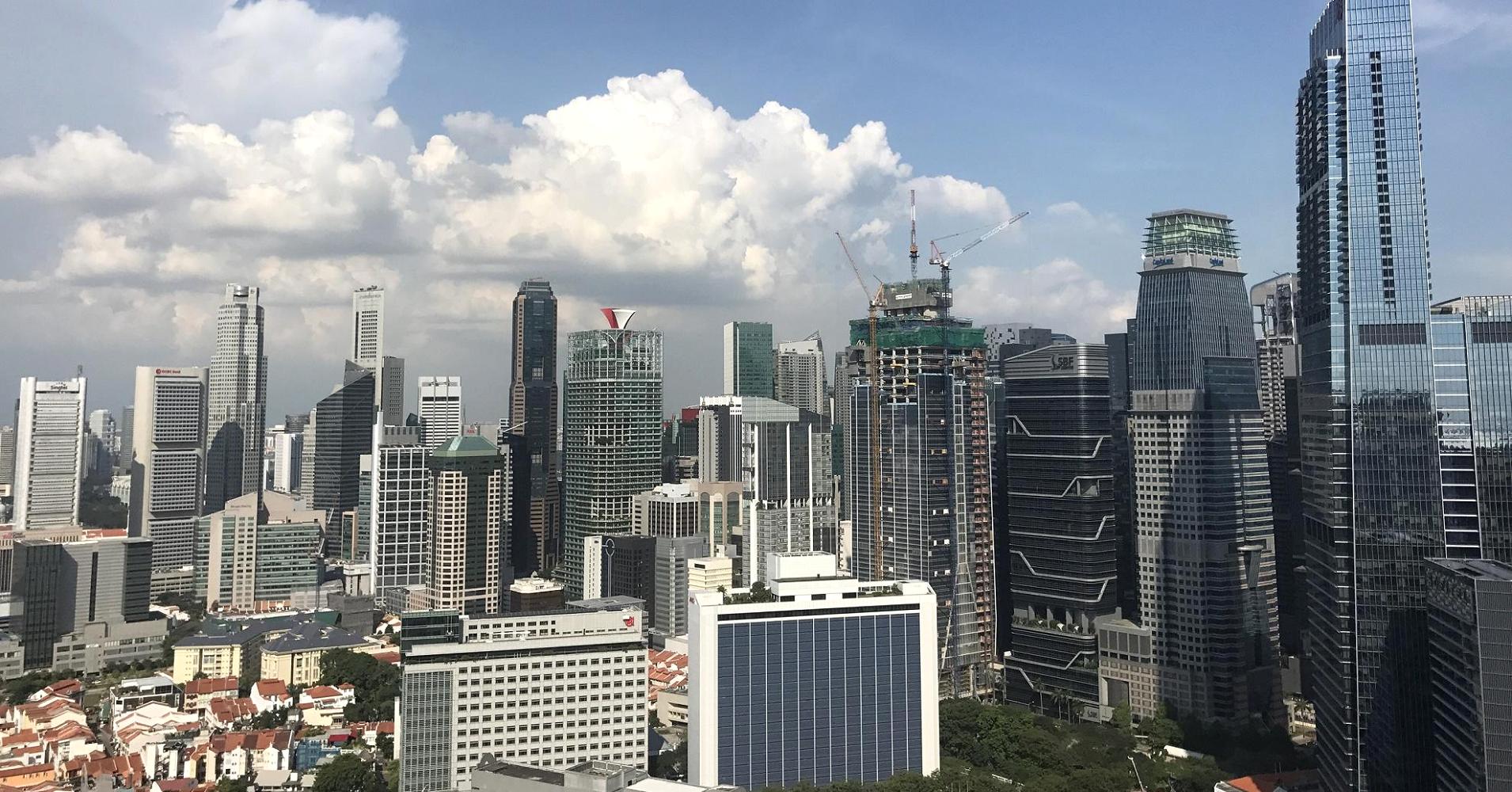
There’s a new breed of entrepreneurship programs turning to Asia for their next big ideas.
These accelerators, which groom early-stage tech companies, see Asia as a hotbed for technological innovation. That’s demonstrated in part by the region’s explosive growth in financing activity last year.
Total annual funding activity in Asia increased by 117 percent in 2017 compared to the prior year, according to a report released by intelligence platform CB Insights. There was $70.8 billion invested across 2,847 deals in 2017 — up from $32.7 billion the year before, according to the report.
Of particular note, start-up accelerators see potential in Singapore and Hong Kong, primarily because of strong reserves of tech experts.
Entrepreneur First, a London-headquartered start-up accelerator that fosters companies from inception, launched in Hong Kong last month. That’s on top of its offices already in London, Berlin and Singapore.
Backed by LinkedIn co-founder Reid Hoffman among others, the company has helped more than 500 people build over 120 companies with a cumulative valuation of over $1 billion. It counts Magic Pony Technology, a developer of machine-learning approaches for visual processing on web and mobile platforms, as one of its most successful endeavors to date. It was acquired by Twitter in 2016 for a reported $150 million.
Speaking with CNBC’s “Squawk Box,” Entrepreneur First Singapore Managing Director Alex Crompton highlighted the challenges of building a high technology company “wherever you are in the world.” He cited the proximity to research centers, universities and a high-quality talent base as crucial factors to success.
“The things that we see in both Singapore and Hong Kong [are] an extraordinary number of ambitious and talented people,” Crompton said. “The advantage of the [Entrepreneur First] model is that we’re able to take those people as individuals and take them from being a person into someone who has something the best investors in the world are willing to fund.”
An Innovation and Technology Bureau in Hong Kong, set up in 2015, now oversees the start-up ecosystem in the city, encouraging collaboration between academia, industry and the government.
Last year, Hong Kong launched a HK$2 billion (about $255 million) Innovation and Technology Venture Fund with the aim of encouraging venture capital firms to co-invest in local innovation and technology start-ups, thereby filling a funding gap.
Similar government-led initiatives in Singapore, from grants to dedicated start-up clusters, seek to foster the same spirit of entrepreneurship.
That’s been beneficial for “startup generator” Antler, which launched in Singapore this week, according to its CEO, Magnus Grimeland.
“Singapore is a great place to be — it’s a huge market, we’re in a region that’s growing faster than anywhere else,” he told CNBC’s “The Rundown.” “On top of that, the Singaporean government is super excited about what we’re doing.”
Antler funds aspiring entrepreneurs and matches them with suitable co-founders. It also has a mentor network of business and academic experts worldwide. Antler said it expects to generate 20 to 30 companies per year in Asia.
Crompton said programs like Entrepreneur First can be complementary to the existing ecosystems in Hong Kong.
“I think the easiest way to understand why there’s a lot of money in Singapore or Hong Kong and other parts of Asia [and] we haven’t seen as much success in technology start-ups as we would like is, actually, because a lot of the mechanisms like angel investors, VC funds and accelerators — all of those things — only kick in once you have a company to invest in,” he said.

